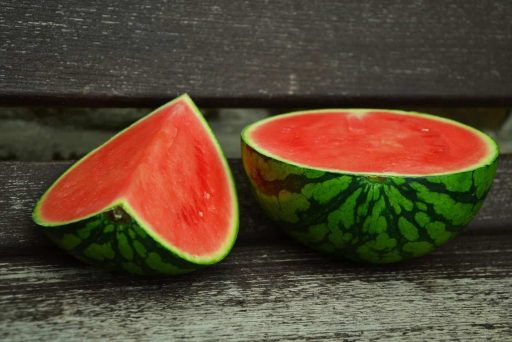Are you curious if your dog can eat watermelon seeds? Well, look no further! In this blog, we’ll be discussing the topic of watermelon seeds and whether or not dogs can eat them. We’ll also go over what to do if a dog eats watermelon seeds, and provide tips on how to make watermelon seeds safe for dogs. So don’t wait any longer – read on to learn all you need to know!
Can dogs eat watermelon seeds?
There’s a lot of debate surrounding whether or not dogs can eat watermelon seeds. The answer to this question is a little complicated – it depends on the dog’s diet. However, some dogs may enjoy eating watermelon seeds, while others will not be able to tolerate them. Always make sure any food you give your dog is safe and healthy for them, and speak with your veterinarian before giving them anything new to eat. Some dogs may even enjoy eating watermelon seeds, while others may not be able to digest them properly. As a rule of thumb, always be cautious when giving your dog food and make sure it’s something they can safely eat.
What to do if a dog eats watermelon seeds
It’s that time of year again – watermelon season! But be careful – pets can be tempted to snack on the seeds. If your dog does manage to snack on watermelon seeds, be sure to watch them closely and call the veterinarian if they start to exhibit any signs of illness. If you think your pet has eaten watermelon seeds, the best course of action is to take them to the hospital for a check-up. There is a small chance of vomiting and dehydration if the watermelon seeds are not properly treated, so it’s important to act quickly. Have a safe and watermelon-free celebration with your pet and enjoy the sweet treat responsibly!
How to make watermelon seeds safe for dogs
Watermelon seeds are a delicious snack for both dogs and cats, but they need to be eaten in moderation. Be careful not to give your dog too many watermelon seeds – it can become addictive! To make sure the seeds are safe for your pet, rinse them before giving them to your dog or cat. If you’re looking for a healthy snack that your dog will love, watermelon seeds are a great option. Just be sure to limit their intake to a few a day, and store any leftover watermelon seeds properly so they don’t get destroyed by pests or moisture.
Side effects of watermelon seeds for dogs
It’s always a good idea to consult with a veterinarian before giving your dog anything new, especially if they’re not typically eaters. That includes watermelon seeds! Some of the side effects can include vomiting and diarrhea. If you notice any of these signs in your dog, it’s important to stop feeding them immediately. In the worst case scenario, if your dog suffers from any of the side effects and can’t stomach watermelon seeds, they may need to be hospitalized. However, as long as you’re aware of the potential side effects and take precautions when introducing the watermelon seeds to your dog, they’ll have a fun and healthy treat!
Can a dog eat watermelon?
Do you have a dog that loves watermelon? If so, you might be wondering if your dog can eat watermelon seeds. The answer is yes, as long as they are fed in moderation and the seeds are not a part of the fruit itself. If your dog decides to snack on watermelon seeds, they should be fine. However, it’s important to check with your veterinarian first as watermelon is a fruit that can contain harmful chemicals. In addition, dogs shouldn’t eat too much watermelon as it can cause stomach problems. So, if you’re ever feeling tempted to give your dog a watermelon treat, make sure to portion it out carefully.
So, can a dog eat watermelon seeds? The short answer is yes, but it’s best to keep them away from the fruit in the first place. If your dog does manage to snack on watermelon seeds, there are a few things you can do to make them safe and healthy for them. First and foremost, make sure to store watermelon seeds in a tightly-sealed container away from children and other pets. If there are any side effects from watermelon seeds for dogs, they include vomiting and diarrhea. In the event that these occur, be sure to contact your vet immediately. Thanks for reading!





